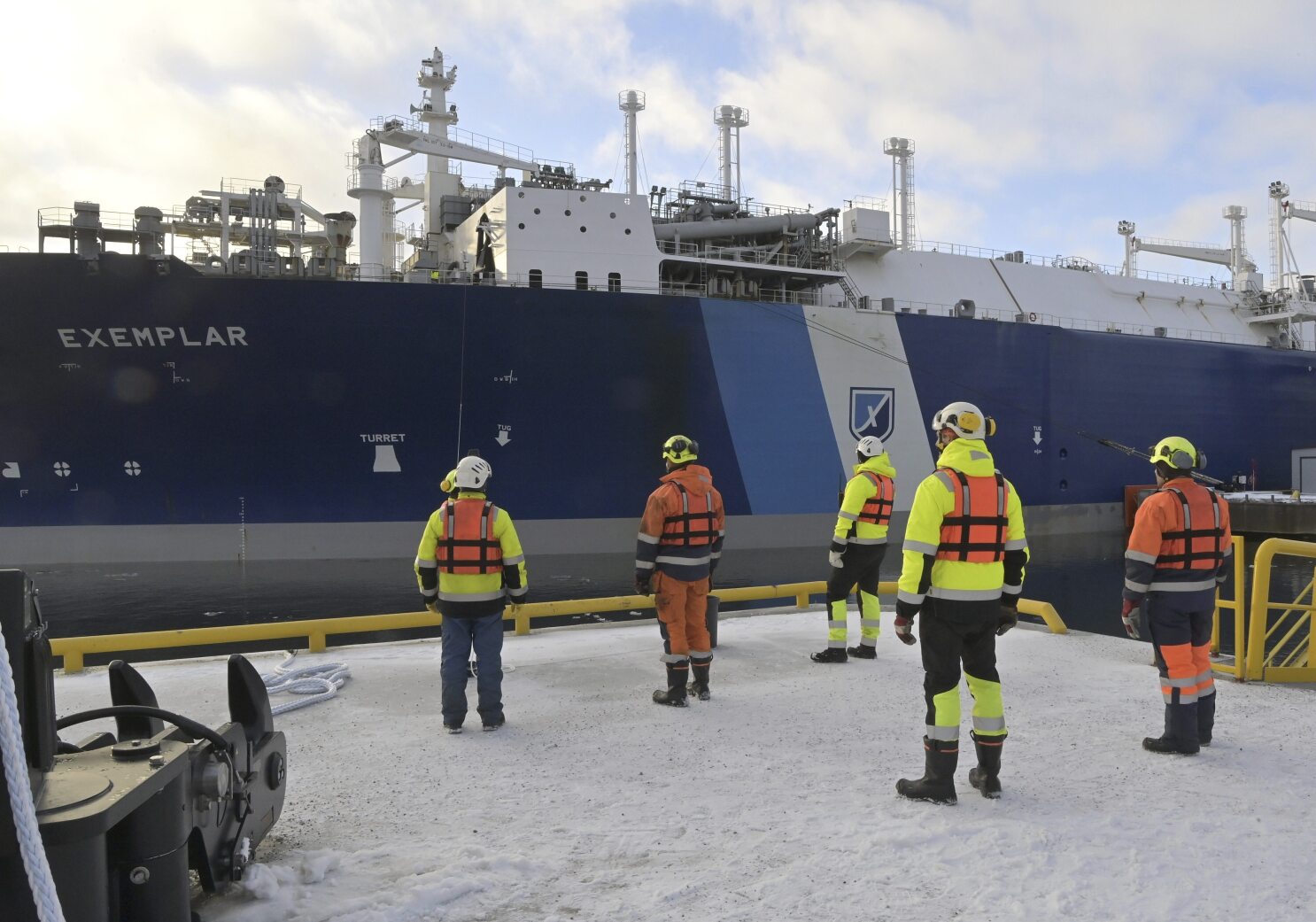
TRUMP SAYS: HUNTER MAKES FORTUNE FROM SHADY DEALS!
BIDEN FAMILY STINKS TO HIGH HEAVENS OF CORRUPTION!
DON'T GET LEFT OUT: HUNTER MUST BE STOPPED!

DON'T GET LEFT OUT: HUNTER MUST BE STOPPED!
by Mac Slavo | Oct 10, 2023 | Headline News

Just months after infamous journalist and Pulitzer Prize winner Seymour Hersh revealed that the United States was responsible for blowing up the Russia-to-Germany natural gas pipeline come reports of another undersea pipeline being “deliberately damaged.”
The Nord Stream pipeline’s deliberate destruction in September 2022 happened and the evidence point to the U.S. being the culprit. During a covert operation under the guise of the BALTOPS 22 NATO exercise, yet another undersea gas pipeline, this time, connecting Finland and Estonia has allegedly come under attack.
Seymour Hersh: CIA Planted Nord Stream Cover-Up Story in the Media
Gasgrid Finland and Elering, the Finnish and Estonian gas system operators, detected an “unusual” leak in the 77-kilometer (48-mile) interconnector in the early morning hours on Sunday. “Based on observations, it was suspected that the offshore pipeline between Finland and Estonia was leaking,” Gasgrid Finland said in a statement. “The valves in the offshore pipeline are now closed and the leak is thus stopped.”
ERR News reported that the Estonian Navy started surveying the pipeline with its equipment on Monday, while the Finnish Security and Intelligence Service will also be involved in the investigation. According to the Finnish operator, there was no reason for the suspected leak on Monday. Finnish officials, one day later, have now said their investigation of the leak will be on the premise of sabotage.
Nord Stream Sabotage Was US Covert Op: Seymour Hersh Bombshell Prompts White House Response
Just last month, on the first anniversary of the Nord Stream bombing, Hersh posted an article titled “A Year of Lying About Nord Stream, deals with motive. What was the United States’ motive?” His sources said told him:
Biden administration blew up the pipelines but the action had little to do with winning or stopping the war in Ukraine. It resulted from fears in the White House that Germany would waver and turn on the flow of Russia gas—and that Germany and then NATO, for economic reasons, would fall under the sway of Russia and its extensive and inexpensive natural resources. And thus followed the ultimate fear: that America would lose its long-standing primacy in Western Europe.
As ZeroHedge says, it’s important to think about who profits or benefits from these pipeline’s destruction. If Europe’s energy independence and or cheap supplies from Russia are disrupted it isn’t going to benefit Russia. Instead, it’s the US energy-industrial complex, as well as the ruling class residing in Washington.

It Took 22 Years to Get to This Point
by Mac Slavo | Apr 3, 2025 | 1 Comment
Under the new health agency, Secretary of Health and Human Services Robert F. Kennedy Jr. has...
by Willow Tohi | Apr 5, 2025 | 2 Comments
This article was originally published by Willow Tohi at Natural News. HHS is cutting 10,000...
by Mac Slavo | Mar 31, 2025 | 1 Comment
The current United States president, Donald Trump, is allegedly "not joking" about a third term as...
by Tyler Durden | Apr 4, 2025 | 1 Comment
This article was originally published by Tyler Durden at ZeroHedge. U.S. equity futures took...
Commenting Policy:
Some comments on this web site are automatically moderated through our Spam protection systems. Please be patient if your comment isn’t immediately available. We’re not trying to censor you, the system just wants to make sure you’re not a robot posting random spam.
This website thrives because of its community. While we support lively debates and understand that people get excited, frustrated or angry at times, we ask that the conversation remain civil. Racism, to include any religious affiliation, will not be tolerated on this site, including the disparagement of people in the comments section.
© 2009 - 2025 Copyright SHTF Plan • Site by 620 Studio • Report a website problem | Disclaimer
Comments